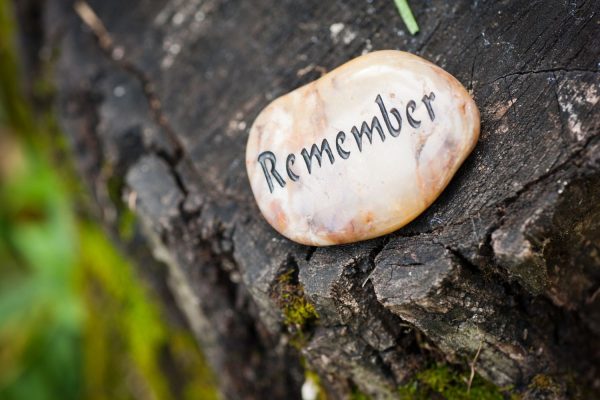The Torah calls upon us to rise and honor our elders. Instead, this week we sat shiva for our elders.
Those to whom we look for wisdom on how to navigate this world.
Od yenuvun be-saivah deshanim ve-ra’ananim yeheyu—in old age they still produce fruit; they are full of sap and freshness (Ps. 92: 15).
How did seivah—old age—become shiva—sitting in shock for untimely death?
Rose Mallinger, 97
Melvin Wax, 88
Bernice and Sylvan Simon, 84 and 86
Joyce Fienberg, 75
Daniel Stein, 71
Irving Younger, 69
Jerry Rabinowitz, 66
Richard Gottfried, 65
Cecil Rosenthal, 59
David Rosenthal, 54
Shall we also sit shiva for America the beautiful, land that we love;
Shall we sit shiva for Abraham and Sarah who welcomed the stranger to their tent;
Shall we sit shiva for the leadership of Moses who was the humblest of all people;
Shall we sit shiva for Hillel who taught that which is hateful to you, do not do to another, the rest is commentary—go and be that commentary;
Shall we sit shiva for Emma Lazarus whose poem adorns the Lady who welcomes immigrants to this country with the torch of liberty;
For this week we did sit shiva with the Holy One who made all humans in God’s image—as God sat weeping amidst the ruins of a sanctuary.
There are those who proclaim darkness is light
Who proclaim fake is true
Who say that everyone not like them is an other.
Who live by stereotype and prejudice
Who seek to divide, disparage and demean
Yet in the face of the encroaching darkness, we gather and hold hands proclaiming our humanity.
Long ago, we ate of the Tree of Knowledge of good and evil. We know good and evil. Each week we strive to separate darkness from light, brokenness from wholeness, helping from harming.
For there was another tree in the Garden of Eden. Each week we grasp that Tree of Life as we return the Torah scroll to the ark. We hold on to that Torah even as another eleven have joined the too long list of Jews who were killed only because they were Jews.
Their deaths were not a kiddush hashem—a sanctification of God’s name. Their deaths were a horrible tragedy.
The kiddush hashem/sanctification of God’s name is how we will live our lives in the light of their lives.
We will continue to choose life over death, caring over callousness, meaning over meanness.
Od lo avdah tikvateinu—we will not lose hope.
We will organize. We will help. We will march. We will reach out. We will lobby. We will have compassion and we will vote.
The time of mourning is past. It is time to get up from shiva.
It is the time to stand—to stand up and cry out:
Ha-shoftei ha-aretz lo ya’asu mishpat?—Shall the rulers of this land not stand up for justice?
For even if the messiah tarries we still believe:
Tzedek tzedek tirdof—Justice, justice you shall surely pursue.











